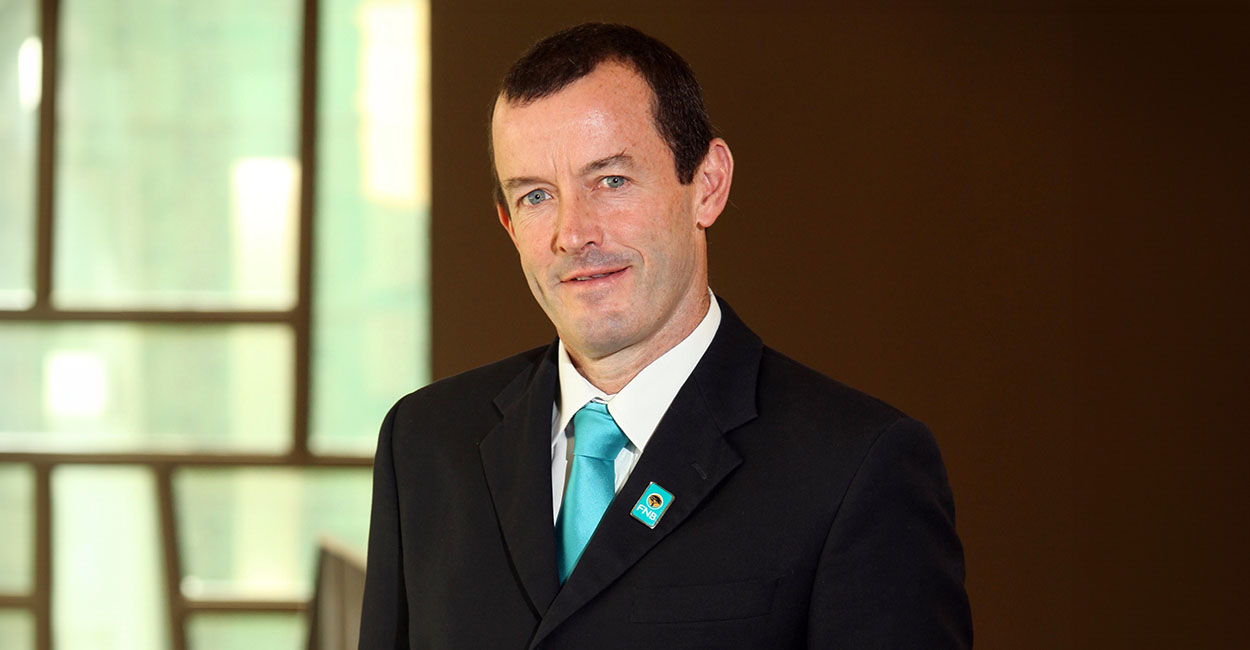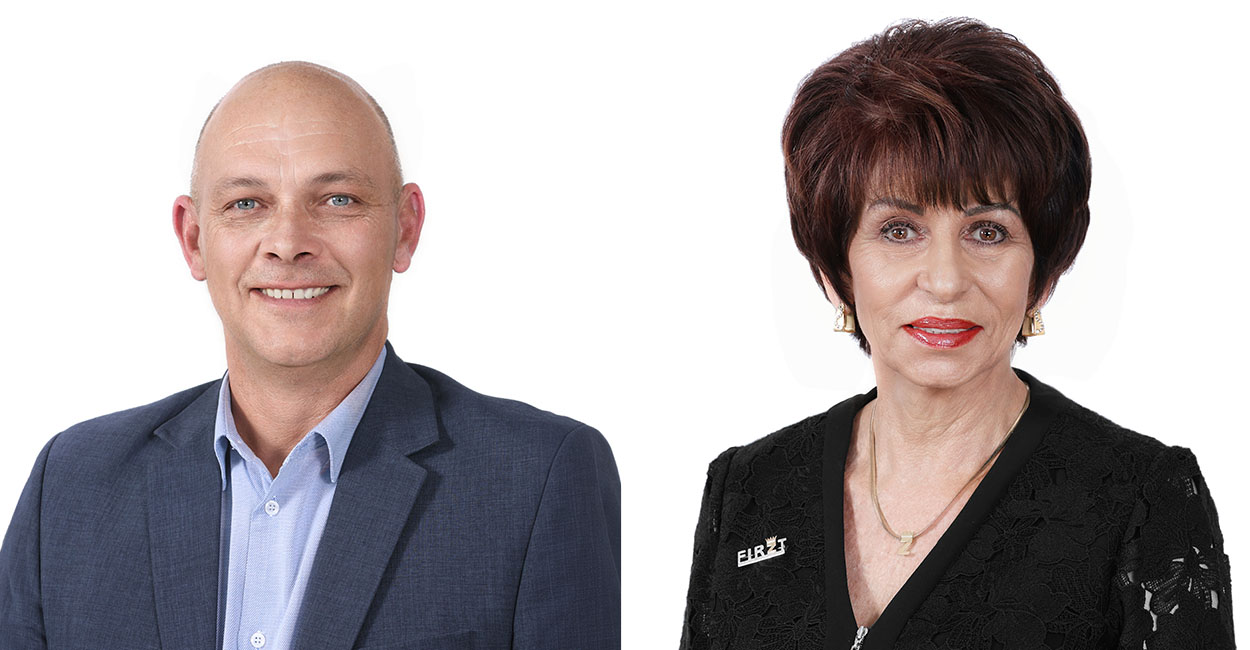Editor
Much has been shared about the recent dialogue between the Minister of Human Settlements, Mmamoloko Kubayi, the PPRA, and the industry. There was plenty to be optimistic about, from the planned digitisation of several key PPRA functions to assurances of better service delivery.
What hasn’t made headlines as yet is the issue of transformation. Speakers from the Minister to PPRA chairperson Steven Ngubeni, acting CEO Thato Ramaili, and Joseph Sakoneka, the property sector transformation manager, spoke at length about the need for transformation within the industry.
The stats don’t lie
While the white population of South Africa totals 7.7%, the 2021 PPRA Annual Report indicates that over 90% of the sector is in white hands, including 54% of principal estate agents. That disparity is mirrored with non-principal agents and increases notably when looking at candidate practitioners (likely due to the cost barriers to entry into the industry).
The fact that transformation is needed is unarguable, so much so that it is included in the Property Practitioners Act, which was enacted in February 2022, in the form of a provision for a Transformation Fund which was supposed to be established within six months of the implementation of the Act.
Transformation is not a dirty word
Steven Ngubeni has delivered clear calls for transformation at several industry events this year and again emphasised that it is imperative, saying that of the more or less 48 000 practitioners across the board, only 12 000 are black agents (as defined by the legal framework of South Africa – Africans, Indians and, Asians), meaning that the bulk of current estate agents are white, and most of them are male.
“It is our intention to turn around that situation effectively. Now turning it around does not mean barring people from participating, it means allowing more people to participate. It means we must create new markets. We must begin to recognise that Soweto is booming, that Mamelodi is booming…that KwaMashu is booming, and therefore there should be agents that operate in those areas”, said Ngubeni.
He noted that interventions must be put in place for the industry to reach this end goal.
Transformation at a snail’s pace
Frustratingly the Transformation Fund which was supposed to be established within six months of the adoption of the new Property Practitioners Act was only formed around 18 months later, and details about what exactly it is being used for are thin.
Joseph Sakoneka pointed out that the PPRA has been mandated to run incubation programmes, conduct consumer awareness, assist with work readiness, run a Regularisation Programme, and Principalisation, and provided top-line information about some of these.
- Principalisation: this programme aims to assist estate agents aiming to become principal practitioners in terms of meeting their educational and training requirements (in partnership with Services SETA). Once these agents have become principals, the goal of the PPRA is also to help them scale their business to a national level.
- Candidacy Programme: Sakoneka mentioned their SMME (Small Medium and Micro Enterprises) incubation programme, also referred to as the Candidacy Programme, through which the PPRA will select 25 SMMEs to empower, and scale their businesses to become national brands.
- One Learner, One Property Practitioner Youth Programme: the programme targets learners between the ages of 18 to 35. The programme is currently running in eight provinces and will soon be available in the Northern Cape in collaboration with Rawson Property Group. At present 358 learners have been enrolled across the eight participating provinces and Sakoneka revealed that PPRA aims to recruit 500 for the 2023/24 financial year.
When approached for more information Sakoneka said that “Several principal property practitioners (PPP) have been produced through this programme, there are just no media reports on these success stories”. Sadly, these stories were not made available, and when asked for more detailed information about the progress and outcomes of these programmes, the Property Professional was referred to the 2019-2024 strategic plan document.
It would seem that the PPRA stance on transformation is one of ‘yes we’re executing our mandate, you’ll just have to trust us on that’.








